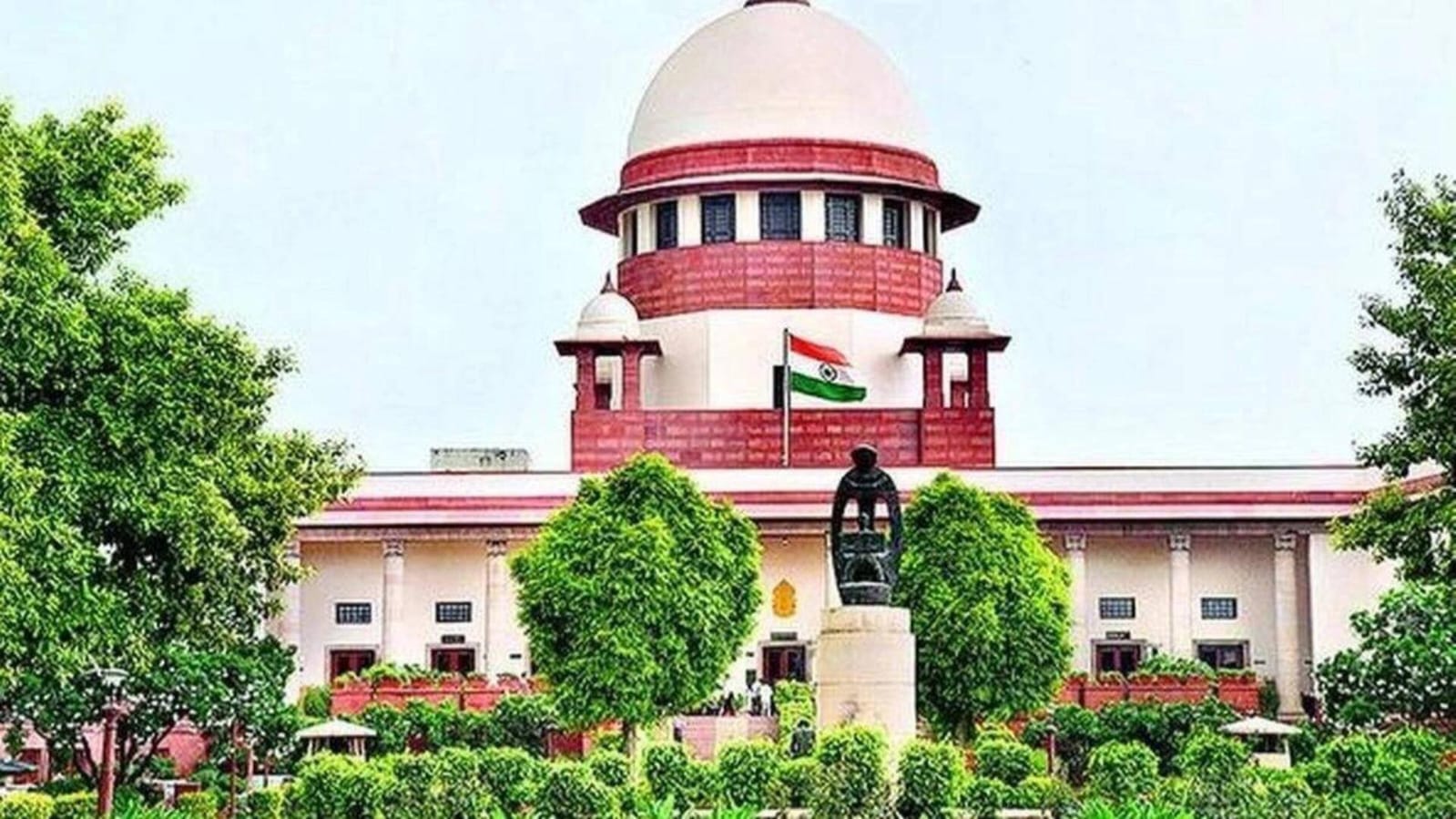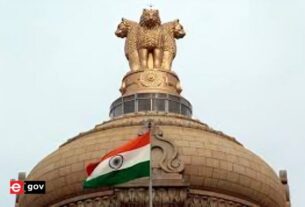April 14, 2025 • Makkal Adhikaram

Tamil Nadu Governor R. N Ravi has been delaying the approval of 10 bills of the DMK government. He also sent the bills to the President. In such a situation, Supreme Court Justices Partiwala and Mahadevan have used their discretionary power to approve and enact these bills.

All these bills here are a bill on the appointment of vice-chancellors of universities. In particular, it is a matter of education for the poor and the middle class. Until now, it was the Governor who appointed the Vice-Chancellors.

Now these judges have given that power to the Chief Minister of Tamil Nadu. Were they acting as politicians in this matter? Or did they act according to their conscience? Or did they act as judges? Is that the big question? The essence of Ambedkar’s law was that the appointment of vice-chancellors should not be in the hands of politicians.

But if this is done in violation of the law and using their power, is the law bent for the rulers in the court? Next, they have said that the governors are acting as agents of the central government and giving trouble to the state governments. It’s obvious that both of them have landed.

That is why the corporate press in Tamil Nadu is now praising it. Especially editorialists. What does federalism mean? Will the Tamil Nadu Assembly enact the bills directly to the Supreme Court judges instead of sending them to the Governor? Is that the question of the people of Tamil Nadu? Also, is this federalism?
Besides, can the governors and the president no longer have any work to do? Or should we take it away that such a position is not necessary? The judiciary has to answer for all this. except

Education is now a business as the education sector, which determines the future of the students, has gone into the hands of politicians. Is this bill federalism? Is this the special feature of the editorial?

Was the governor wrong here? Did the judges do wrong? If any law is passed in favour of the rulers and their party, is it obligatory for the governor to give his assent to the bills?
This bill has created a situation where the central government has to take this seriously. Therefore, the main expectation of the people of Tamil Nadu is that the Parliament and the Chief Justice of the Supreme Court should give important decisions in this regard.


